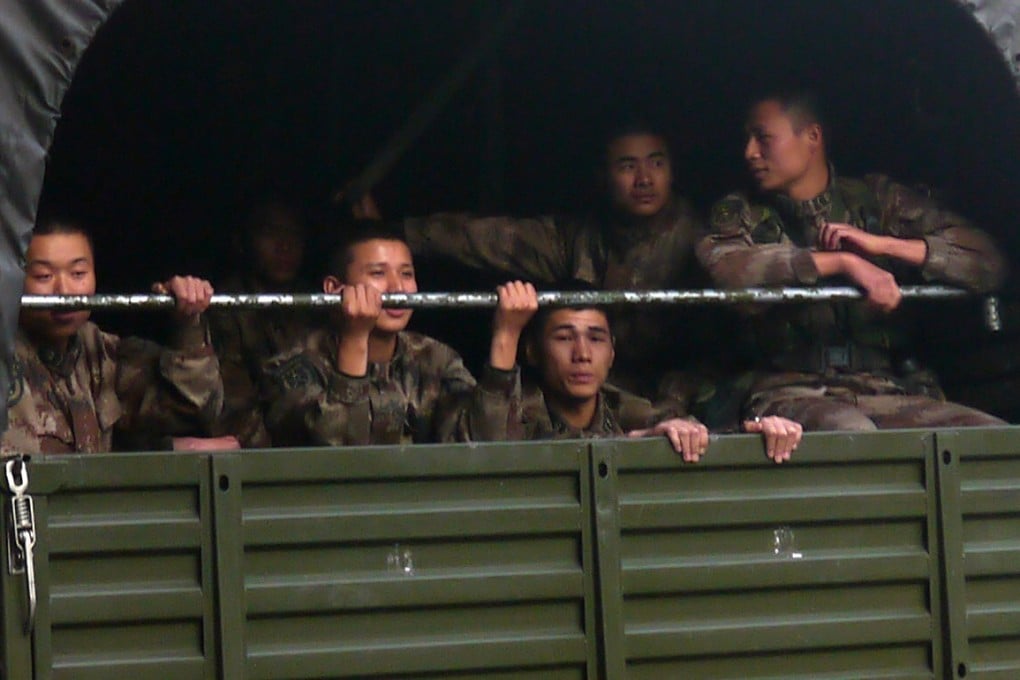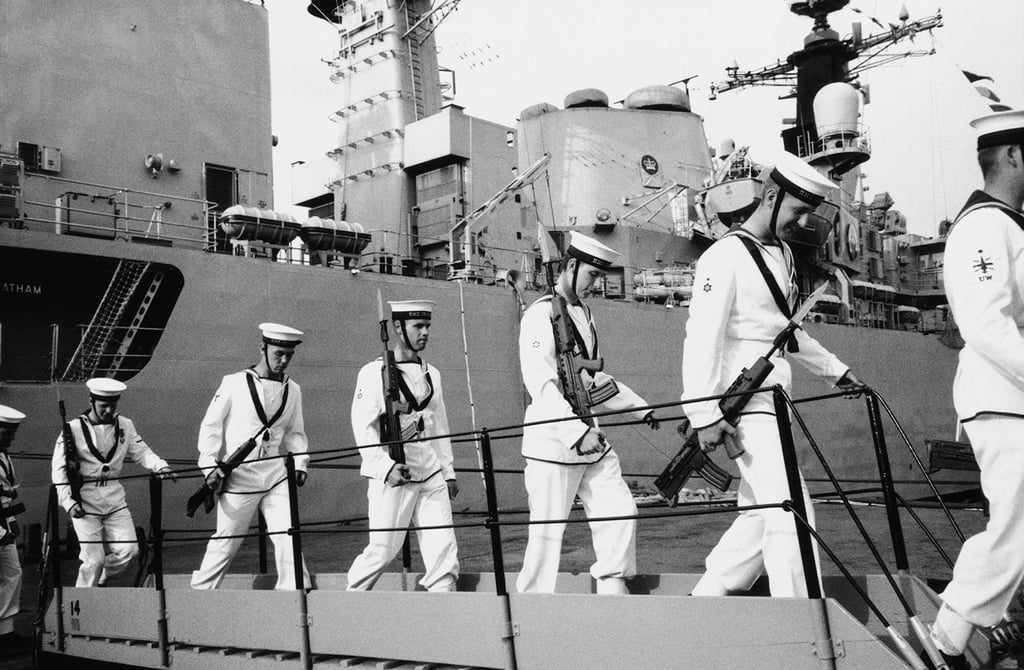Photo archive covers 25 years of change in Hong Kong, its 42,000 images the work of one man – artist and academic David Clarke
- ‘Hong Kong in Transition’ online archive of photographs shot by artist and academic David Clarke over 25 years is now available and free to use
- Captioning the images, which are personal and subjective, was the equivalent of writing eight books, the British-born Clarke says

At the beginning of 1995, artist and academic David Clarke had a light-bulb moment: he would create a photography project over a five-year period. He got a bit carried away – the project ended up spanning 25 years.
“I didn’t think of it as a 25-year project,” laughs British-born Clarke. “I thought the beginning of 1995 was a good starting point for a five-year project because the handover of Hong Kong back to China was in the middle of it and it was the last five years of the millennium.”
The result, “Hong Kong in Transition”, a collection of more than 42,000 photos, is now available as a free-to-use archive hosted on the HKU art history department’s website.
“It’s more than 40,000 images taken over 25 years – that means, on average, it’s about 400,000 words just for the captions, equivalent to writing eight short books,” says Clarke, a retired art historian at the University of Hong Kong, who specialises in Chinese modern art.

Clarke, whose approach to photography is personal and subjective, says the collection is snapshots of everyday life in a changing city. There are shots taken at cultural events, street scenes, images of plants and animals and others that fall into the more abstract category.